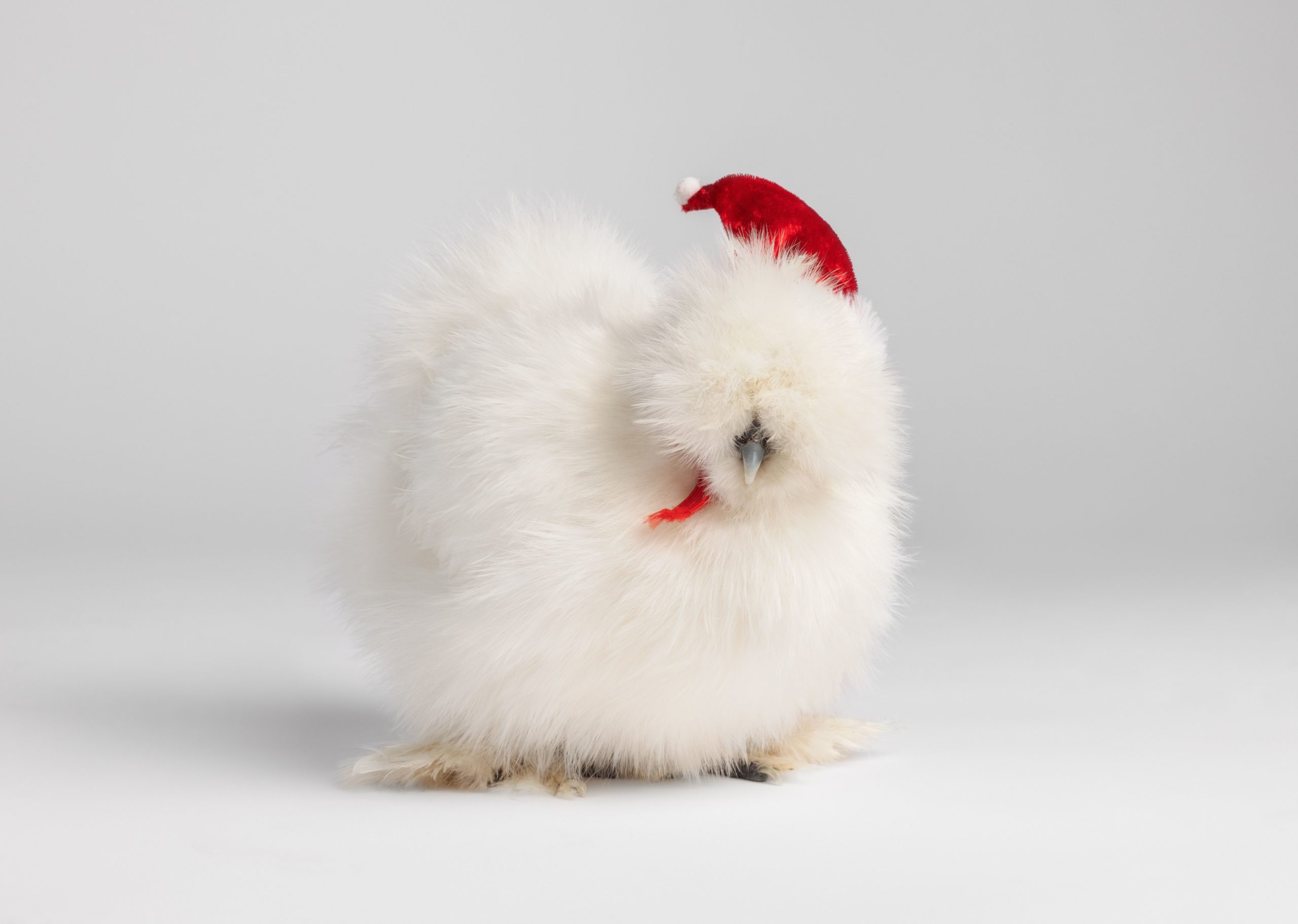COVID-19 Update
We are consistently monitoring the prevalence of COVID-19 in our community. The Omicron variant is quickly changing our local situation. In response, we are improving our masking and hygiene protocols, and discussing at what point we may need to transition back to curbside-only service. Since June, we have allowed one person into the building per appointment. As we receive more reports from both clients and staff of direct exposures to COVID-19, allowing clients indoors becomes more risky. While we have not made a decision to return to curbside-only care, we may have to return to curbside care with little notice. We have had incredibly supportive clientele throughout the pandemic, and we sincerely appreciate your understanding as we head into yet another new phase of COVID-19. Please stay safe and healthy!
Weight Management Tips for Dogs and Cats
By midwinter, many of us have settled into a routine of shorter days, shorter walks, and long evenings snuggling with our pets on the couch. Unfortunately, at the vet clinic , we notice that this often translates into pets getting heavier over the winter months. A little seasonal variation in weight isn’t concerning, but if pets don’t return to their baseline in the summer months, winter weight gain can translate into overall weight gain and ultimately getting heavier than we’d like to see. If you notice your pets have gotten a little heavy this winter, here are a few tips for helping them return to their normal weight.
1. Make mealtime active! Dogs and cats are designed to be active hunters and foragers, so waltzing up to a food bowl requires much less energy than they are capable of expending. There are a wide variety of feeding options available- balls that can be filled with kibble, fillable toy mice that can be hidden around the house, or simply putting a few small dishes of food in different areas rather than one big bowl in the kitchen can all get your pet more active while eating.
2. Watch protein intake. While it’s easy to think that reducing calories is all that pets need for weight loss, you have to be careful. For pets who are 20% overweight or more, the amount of calorie restriction necessary for weight loss can also result in a diet too low in protein depending on your pet’s specific food. Prescription weight loss diets are often high in protein to ensure that, even when restricting overall calorie intake, pets are getting enough protein. If you are concerned about whether your pet’s regular diet can safely be fed for weight loss, ask your vet!
3. Consider canned food. It’s a common misconception that canned food diets are “richer” or more energy dense than kibble. In fact, the opposite is true. Because canned foods contain moisture, canned food contains a lot fewer calories compared to the same volume of dry food.
Your pet’s veterinarian has lots of resources to help with weight management. If the above tricks aren’t helping, reach out and we can help create a more personalized plan for your pet.
Winter Safety For Backyard Chickens

Backyard chickens are common pets in the Twin Cities. One of the first questions most people ask poultry owners is “What do you do with them in the winter?” The good news is that, with proper housing and precautions, chickens can handle even our coldest Minnesota winters.
The most important precaution for poultry in the winter is to ensure that they have a dry, draft-free coop. Chickens can tolerate very cold temperatures as long as they can be out of the wind. Insulated coop walls help to keep in heat generated by the chickens themselves. If temperatures in the coop are dropping below freezing overnight despite insulation, supplemental heat should be utilized. Heat lamps can be a fire hazard, so we prefer radiant heat options like the Sweeter Heater.
Chickens use a lot of calories keeping warm in the winter. Be sure to provide plenty of food to meet their caloric needs. Avoid offering too many foods aside from a complete chicken feed. Too much corn or oatmeal can disrupt the ideal balance of protein and carbohydrates. Chickens will naturally increase their feed intake as their energy needs increase. Keep liquid water available at all times- heated water bowls or bird bath de-icers are nice options for preventing water from freezing. If you’ve been adding supplemental light to keep your chickens laying eggs, consider removing the light through our coldest months to allow them to go out of lay. They likely need all their available energy to stay warm!
Frostbite is the most common winter injury in backyard chickens. Combs, wattles, and toes are at highest risk. In Minnesota, consider choosing cold-hardy chicken breeds that have smaller combs and wattles to decrease the risk that they will suffer from frostbite. When temperatures or windchill drop into single digits, you can cover exposed skin with petroleum jelly for protection. Using a wide, flat roosting bar allows chickens to keep their toes tucked up under their feathers and protected from exposure to the cold.
Overwintering backyard chickens is very reasonable as long as you are prepared. Here’s to keeping warm, happy chickens all year long!
Winter Solstice Reflections
On Tuesday, December 21st, we gathered in the bitter cold to remember beloved pets within the St. Francis community. We were surrounded by luminaries bearing the names of our friends and shared some readings to help everyone acknowledge that these feelings of sadness and grief at the “most wonderful time of the year” are not something you have to hold alone. Any luminaries that were still present after the ceremony will be saved at St.Francis until the beginning of January- you are welcome to stop by and pick your pet’s luminary up anytime during business hours.
You can view the slideshow of the memories and photos that people shared here. If you would like a copy of the program and readings, you can request a PDF version by emailing us at group@stfrancisabh.com.
Thank you to everyone who joined us!
Clinic Closures
We will be closing early on Friday, December 31st at 3pm through Sunday, January 2nd. We will be back in the office on Monday, January 3rd. Happy New Year!


